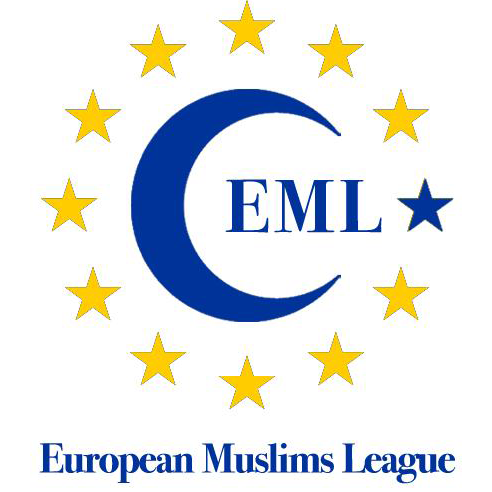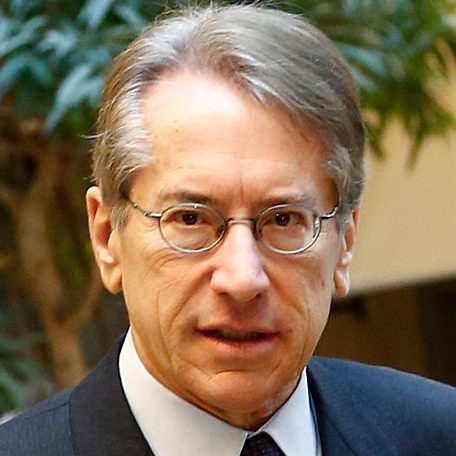Our mission
BPUR International is a global campaign to enact an ‘International Treaty to Ban the Political Use of Religion’, which would be a crucial foundation to disarm extremism and eliminate the root causes of religious conflicts and discrimination worldwide.
The initiative was launched after overwhelming support for an article by founder Salam Sarhan, published in The Independent on 31 January 2019, highlighting why the international community is in desperate need of such a treaty to deal with current and future conflicts.
This peace-making mission has built inclusive official and legislative support in more than 80 countries, especially in the Middle East, Africa and Asia, where it is mostly needed because of the unique considerate approach to end the cycle of religious conflicts.
Our mission is now formally on the international agenda with a motion for a resolution in the Council of Europe, which is a key step in the journey towards the United Nations’ General Assembly. We also have advance engagements with more than 20 governments, off the record for diplomatic considerations.
This mission is not an attempt to separate religion and politics. On the contrary, it considers such a separation as irrelevant and could damage the stability of any country. Therefore, it is aiming to affirm all existing international conventions with a highly focused and more effective new international treaty to combat specifically all forms of discrimination on religious bases.
In May 2022, Morocco hosted our first international conference in Rabat, where delegations from around the world put our mission firmly on the international stage and issued the Rabat Declaration, calling the international community and all governments to support our initiative.
The proposed treaty, drafted by leading officials, legislators and top United Nations’ experts, represents a new approach to introduce clear, simple and indisputable international rules to ban: all political uses of religion that undermine human equality; all religious discrimination in rights and duties; all religious exclusion; and all restrictions to freedom of religion and belief.
We believe these simple fundamental justice rules, which is grounded in the utmost respect for all religions, would build a unique global consensus on clear legal terms to eliminate all forms of religious oppression without any compromise and without offending any religious group or giving any ammunition to the extremists.
No responsible government can refuse such fundamental fair rules. We believe the proposed treaty should easily secure governmental endorsements in line with the Universal Declaration of Human Rights and become a fundamental United Nation treaty. It would certainly empower many governments to defend justice values, social peace and the rule of law.
This initiative is entirely different from all previous attempts to navigate the abusive mixing of religion from politics, which have been divisive and confrontational, have often caused more damage than good, and have failed to build any global consensus.
We believe the proposed treaty would touch the lives of billions in every corner of the world. It would serve all international humanitarian objectives by eliminating the root causes of many intractable conflicts and a long list of abuses of human rights. Subsequently, it would enhance stability and open the doors for sustainable development.
It would also help tackle other social economic problems on a global scale, including in all developed countries by alleviating the global tension, mass immigration and improving the social integration of religious minorities in all countries.
BPUR International is aiming to secure the adoption of the proposed treaty by a few governments from different regions to co-sponsor it at the United Nations General Assembly to enact a significant international treaty that would make the world more tolerant, more fair and more peaceful.
After enacting the Proposed Treaty, BPUR International will go on to establish a global monitor to report on all violations of the Treaty by providing verified data that would empower governments, organisations and individuals to apply political pressure to stop such violations.
















